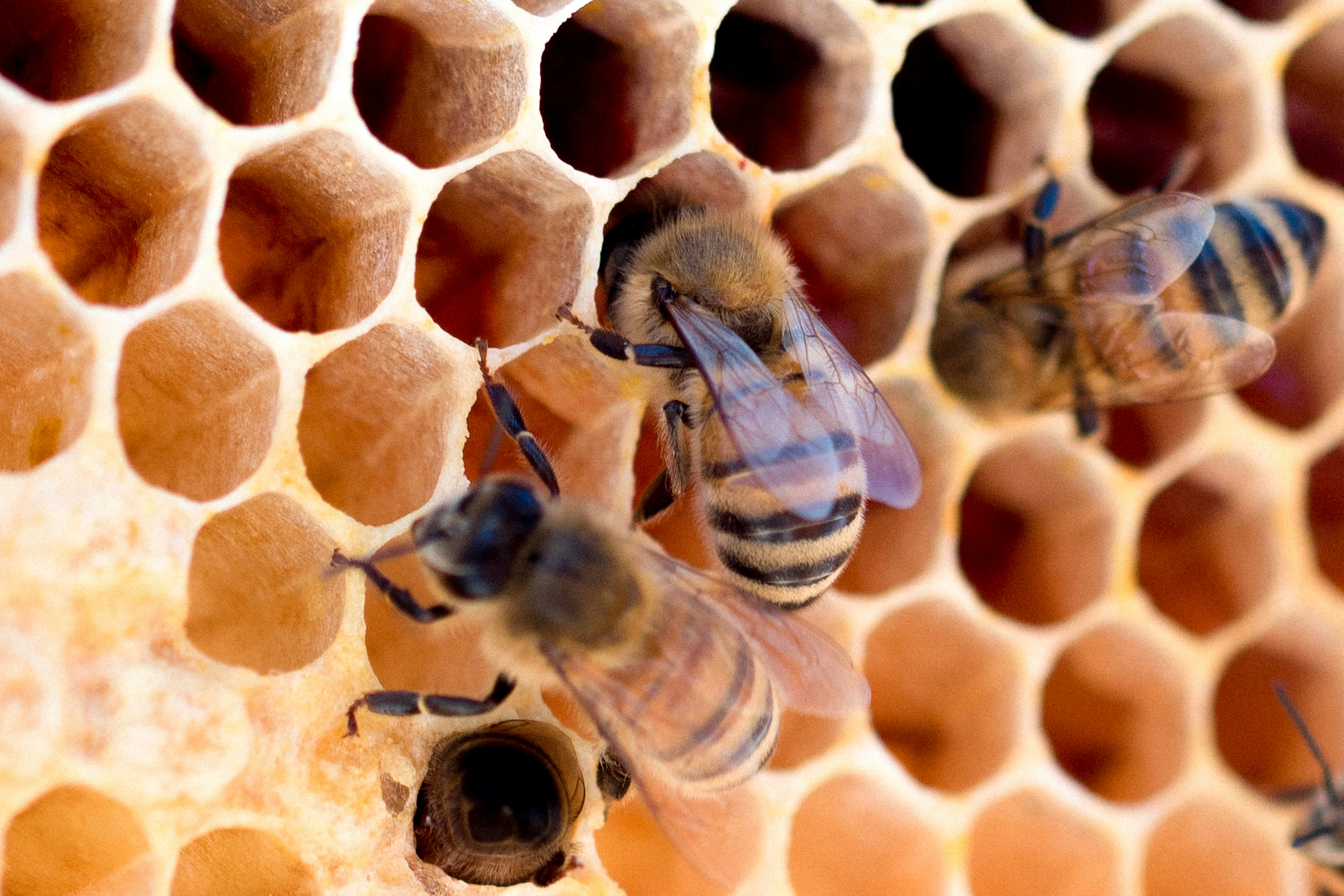News release
From:
A nutritionally complete pollen-replacing diet protects honey bee colonies during stressful commercial pollination - Requirement for isofucosterol
Proceedings of the Royal Society B: Biological Sciences
Honeybees are essential pollinators in the food supply chain, but are undernourished and hard to sustain because climate instability, large-scale agriculture, and shrinking flower-rich landscapes have made the supply of diverse nutritious pollen they eat scarce and unpredictable. We developed a nutritionally complete pollen-replacing artificial diet for honeybees and identified isofucosterol as an essential nutrient. Such diets allow beekeepers to maintain colonies in stressful field conditions or during periods where floral forage is inadequate and sustains brood production when colonies do not have access to any natural forage, offering a practical solution to beekeepers and crop growers that require pollination.



 International
International



